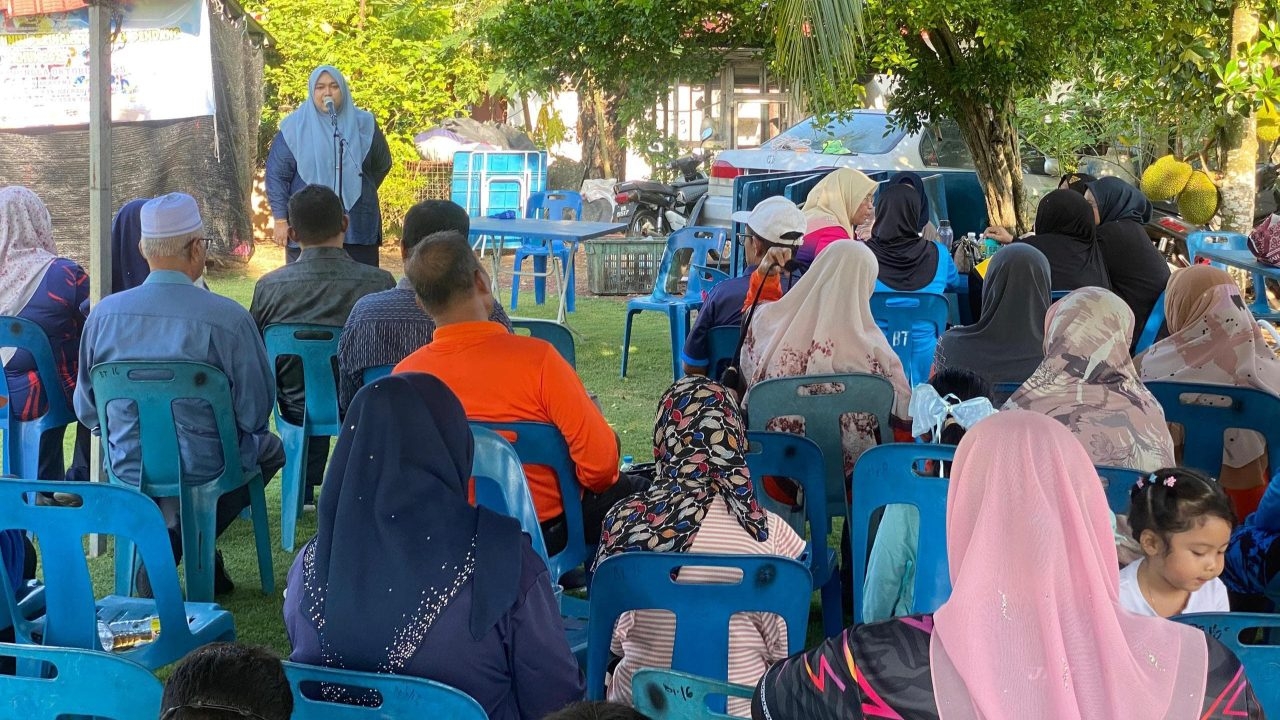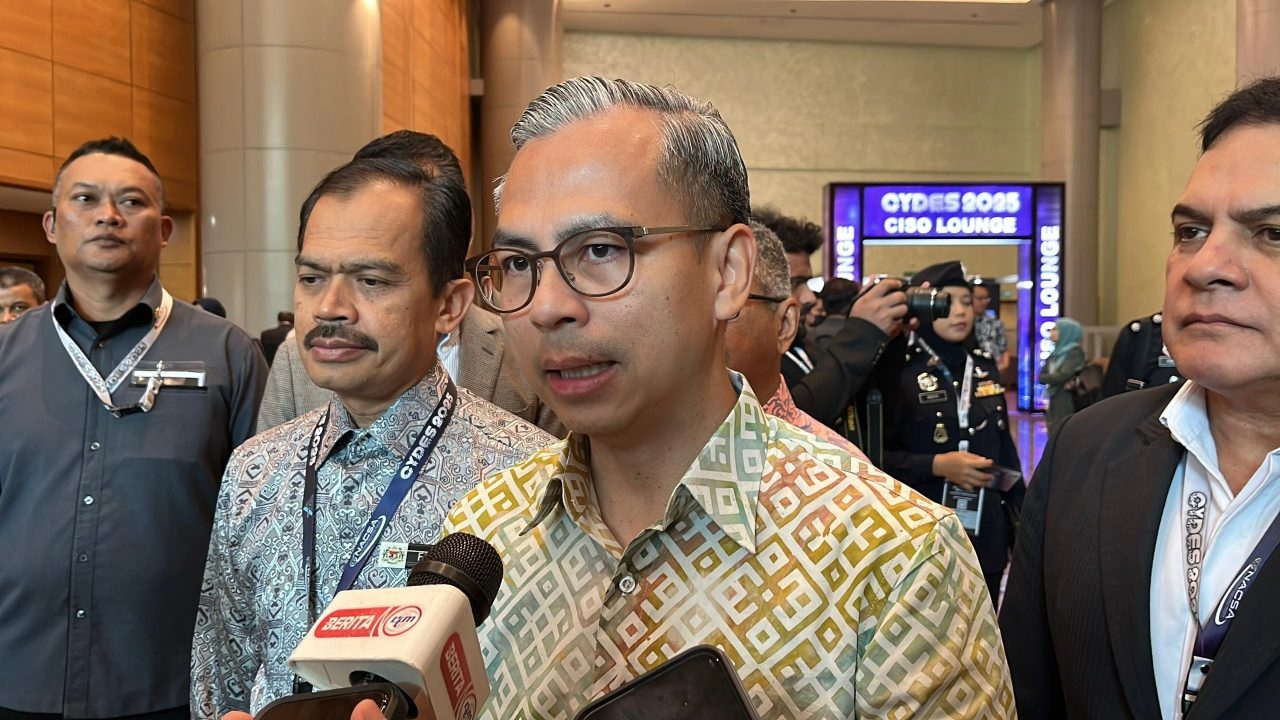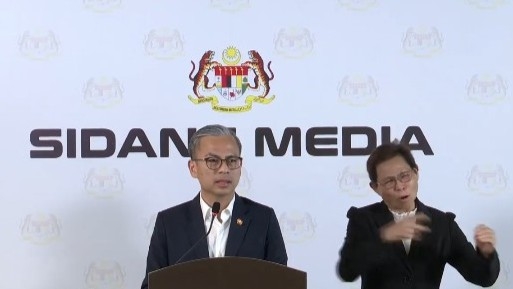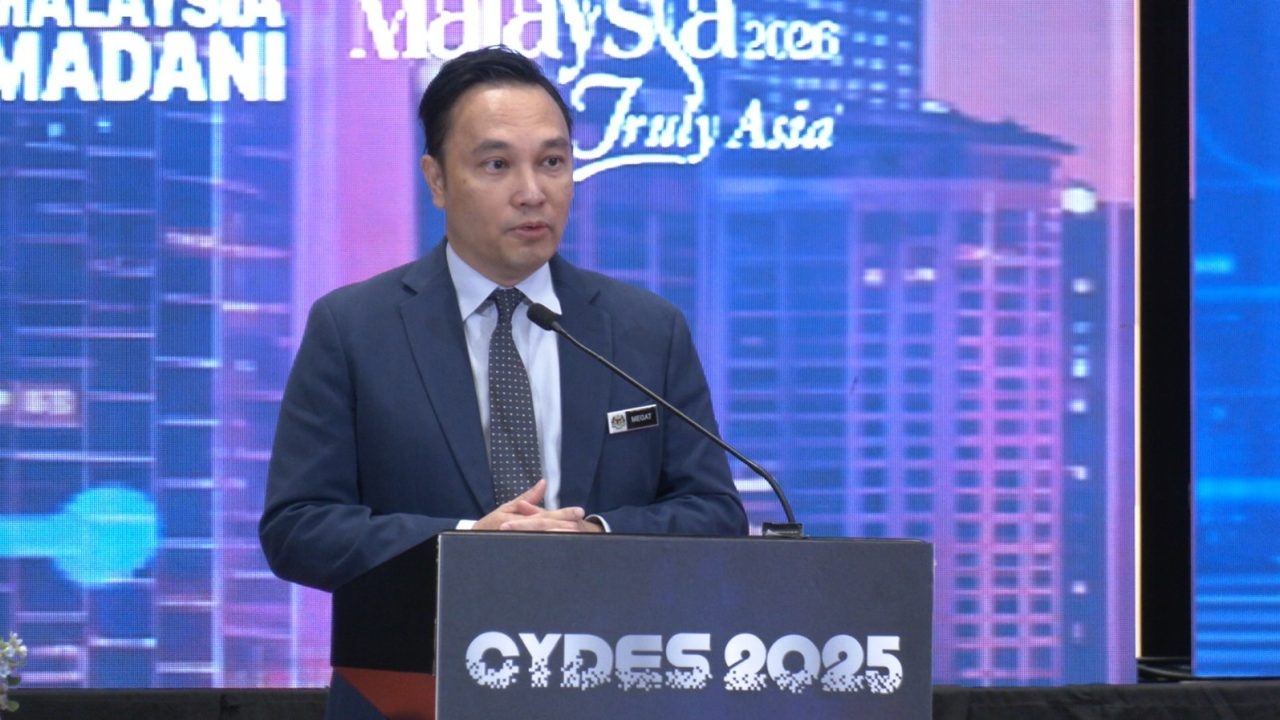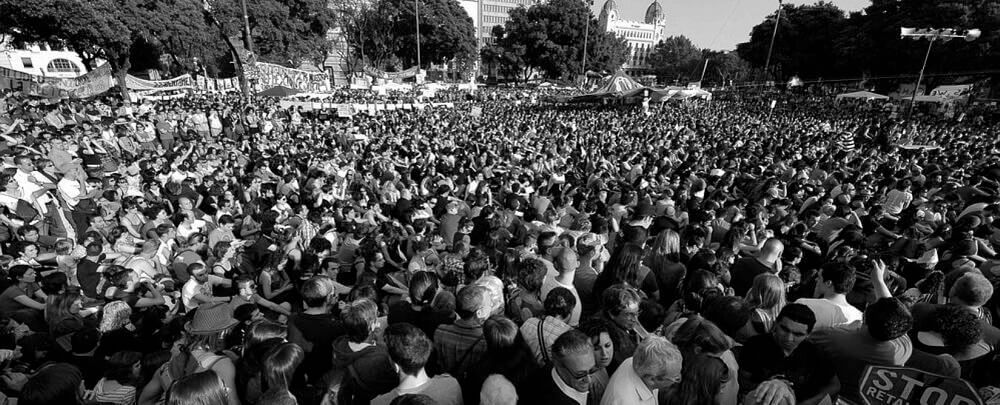
At what point does a country stop having a ‘government’ and thus become a ‘regime’? There are few expressions more loaded in their use than that of “regime”. A word that contains an entire geopolitical treatise within its six letters, and the use of which draws a clear red line on the map of the world: there are governments, and there are regimes.
Of course, regime is the abbreviated form of ‘authoritarian regime’, though the first part of the expression is omitted. In itself, regime has no negative meaning, it means ‘political system’, and no more. But nowadays it is used to portray a country where democracy, freedoms and human rights are either in danger or do not even exist. Although at times its use appears natural, when referring to unquestionable dictatorships, in the majority of cases the line is thin, and countries with identical shady areas when it comes to democracy and rights are called ‘government’ or ‘regime’ depending upon the estimation and the interests of whoever names them.
Some appear incontestable: the North Korean regime, the Guinean regime, the Syrian or the Chinese regime. In others, the expression is consolidated although it corresponds more to geopolitical alignments: Putin’s regime, or the Cuban regime. From there on, the term is used merrily, with little rigour but with every intention. There is the Venezuelan regime in South America, which since the late Hugo Chávez had been the natural denomination used by half the planet’s press. And then there are the unlikely cases: it seems scarcely imaginable that one day we might end up speaking about the Norwegian regime or the Canadian regime.
For the majority of countries, to be called a regime by the press and by other leaders is like saddling them with a cross: you have now been marked, and you may end up falling someday. Regime is every government whose overthrow we see as a good thing, and which we would even speed up, and which we might even overthrow ourselves directly. When a government is called a regime anything can happen to it, be it a spring or a humanitarian war, or economic sanctions or UN resolutions. That does not mean there are not regimes that still get treated as allies.
But there is more: the effect that this language has upon the citizenry, us, the consumers of information. How it weighs upon news stories, how it distorts them. The fact that it is a “regime” already means that its affairs deserve more attention than those of other countries, but moreover the very expression amplifies the gravity of what is being told. We do not read “X government withdraws television station’s license” in the same way as we read “X regime withdraws television station’s licence”. There is a great distance from one headline to the other. Apart from the fact, of course, that when one begins the sentence by saying “the regime”, the rest must be to the same standard. In the example given, it would be, “X regime muzzles opposition television station” – the kind of manipulations that certain parties usually warn about, which makes a government a “regime” whereas neighbouring similar (with equally bleak human rights record) has a “government”, and any cretin can speak of a “genocide” just like that.
When a country has a “regime”, everything that happens in that country can be attributed to the regime. We will never say “the police baton-charged demonstrators”, but “the regime baton-charged demonstrators”. Never “judge sentences opposition figure”, but “regime sentences opposition figure”. And there we have the other inevitable word: opposition. Every regime must have an opposition, and any person who does anything against the regime immediately becomes part of an opposition which, since it does not oppose a government but a regime, can count on our sympathy and our carte blanche: against a regime, everything is on the table, from violence to a coup d’état, as we have seen in the “Ukranian regime”. And whoever attempts it knows that they can count upon our support, our money and, frequently, our weapons.
How different everything sounds when they speak to us about regimes instead of governments. If anyone doubts this, let’s take Spain as an example. It is true that we often hear expressions such as “the Spanish regime”, “the PP regime”, “the two party regime”, “the regime of 78?, but it is always among activists, and always pejoratively, never in the Spanish press or the international press, never in the mouth of leaders of other countries.
And nonetheless, we only need a few examples to see how differently things are perceived when we speak of a regime. Let us imagine a European reader encountering daily headlines such as these:
“X regime approves a law toughening repression against protests”
“X regime shoots defenceless Africans and causes 15 deaths”
“X regime spent years getting rich through money laundry”
“X regime throws tens of thousands of people out of their homes”
“X regime gets rid of newspaper editor to silence criticism”
“Poverty and infant malnutrition shoot upward under X regime”
“Thousands of opposition protesters attacked by regime whilst protesting outside Parliament”
“X regime tries to reduce regional parliaments in order to perpetuate rule”
“X regime cuts worker rights”
“X justice system in the service of the regime”
“X regime pardons torturers”
“X regime toughens punishment for opposition”
“Persecution of magistrate who jailed banker close to X regime”
And we could go on like this a good while. They are all real news stories that have not even been dressed up. We have only used “regime” and “opposition”, and yet everything sounds more grave, it seems like a government that deserves international opprobrium, an illegitimate government that any day could end up overthrown by the opposition.
There are those who say that what we have is indeed a regime, not a government. We are happy enough to witness just how thin this line is, and for people to take it into account every time they make us look from one side of the line or the other.


